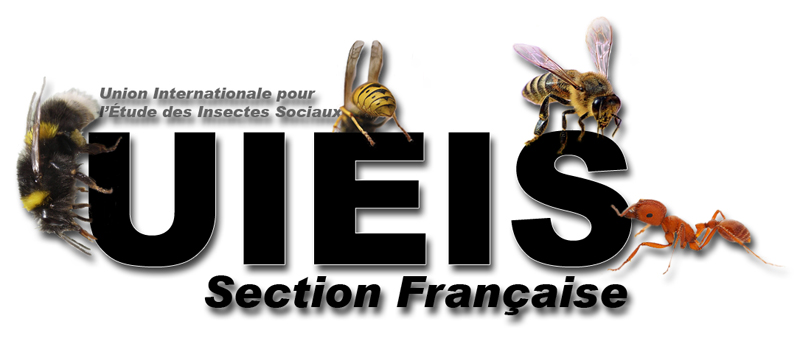
Bees & Environment, INRAE Avignon, France
In a rapidly changing environment, honeybee colonies are increasingly exposed to diverse sources of stress, which represent a challenge to their social homeostasis and can ultimately lead to their collapse. A multifactorial aetiology has often been reported (e.g. new parasites, decline in flower availability/diversity and exposure to agrochemicals acting in isolation or in combination). However, the manner in which stressors affect honeybee colonies and contribute to losses is poorly understood, which leads to major gaps in the environmental risk assessment of stressors and the implementation of effective policy and management responses. The underlying mechanisms remain unclear due to the complex nature of the potential combinations of stressors, but also to the difficulty of assessing the honeybee colony state in a robust manner in ever-changing environmental conditions. Notably, in the field and on a case-by-case basis, it remains difficult for beekeepers or surveillance networks to identify stressors or detect critical losses of bees and potential risks of colony decline since hives are visited at discrete times and the notion of temporal evolution of colonies is often lacking. In addition, identifying the drivers that shape colony development requires high-resolution data.
In this context, the development of tools to develop real-time and automatic recording of different colony parameters is a promising approach. Within the EU-project B-GOOD (Giving beekeeping guidance by computational-assisted decision-making, https://b-good-project.eu/), several tools are being used to monitor colonies and build a European database. The postdoc candidate will use this database to integrate data obtained from hive sensors to colony dynamic, identify the most useful parameters for predicting context-dependent colony health, and establish the relationship between environmental, biological and management drivers and bee health status. The ultimate goal will be to develop a modelling framework identifying abnormal colony events. The candidate will be strongly involved in statistical analysis and modelling to characterize temporal processes (such as number of honeybees in colonies, weight of colonies, bee traffic, carbon dioxide and temperature regulation… ) in order to identify normal and abnormal events or change of these processes over time. This task will require intensive and efficient computing. Thus, the candidate is expected to have advanced experience in computer programming, statistics, temporal statistics and simulations with a high proficiency in R.
The postdoc will join the “Bees and Environment” research unit (AE, Avignon), which develop a wide range of research programs that are targeted to the study of honeybee and wild bee populations, in the context of sustainable farming and food security. The activity of the unit is organized around understanding the factors that are responsible for honeybee colony losses and the worldwide decline in wild bee populations, and the impact of this decline on biodiversity and crop production. The postdoc will work in close collaboration with the Biostatistics and Spatial Processes research unit (BioSP, Avignon), which carries out research in mathematics and statistics, with applications in epidemiology, ecology and environmental sciences. AE and BioSP have been involved together in numerous research and operational projects.
Funding
The position is funded for 30 months by the EU-project B-GOOD
We aim for a start date on December 1st, 2020.
Candidate profile
- PhD in Biology/Ecology/Biostatistics
- Experience in big data analysis
- Strong background in statistical analysis and/or temporal statistics
- Strong skills in R programming
- Good communication and writing skills (English)
- The successful candidate will have excellent team-working
Supervisors
Cedric Alaux (AE) Maryline Pioz (AE) Olivier Martin (BioSP)
cedric.alaux@inrae.fr maryline.pioz@inrae.fr olivier.martin@inrae.fr
Tel : +33 (0)4 32 72 26 19 Tel : +33 (0)4 32 72 26 89 Tel : +33 (0)4 32 72 21 57
INRAE, UR 406 Abeilles et Environnement
Site Agroparc, CS 40509
84914 Avignon Cedex 9
France
How to apply
The application should include a detailed CV, a one-page cover letter (research interest) and contact details of 2 scientific references in a single pdf file. The document should be sent by email to Cedric Alaux, Maryline Pioz and Olivier Martin before September 30, 2020. Selected candidates will then be interviewed.
https://www6.paca.inrae.fr/abeilles-et-environnement/Offres-de-Stages-et-Emplois
